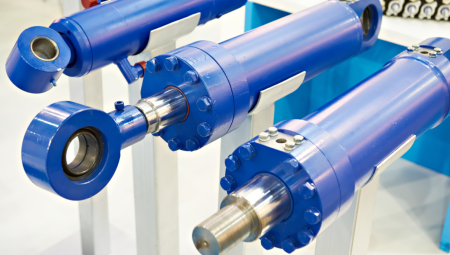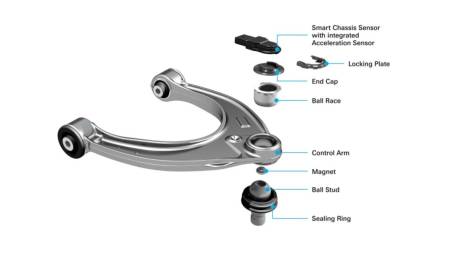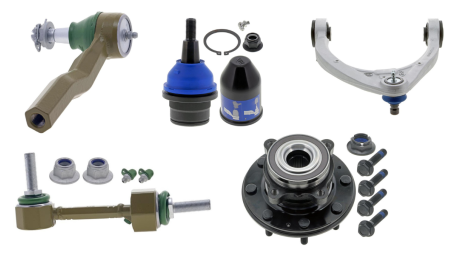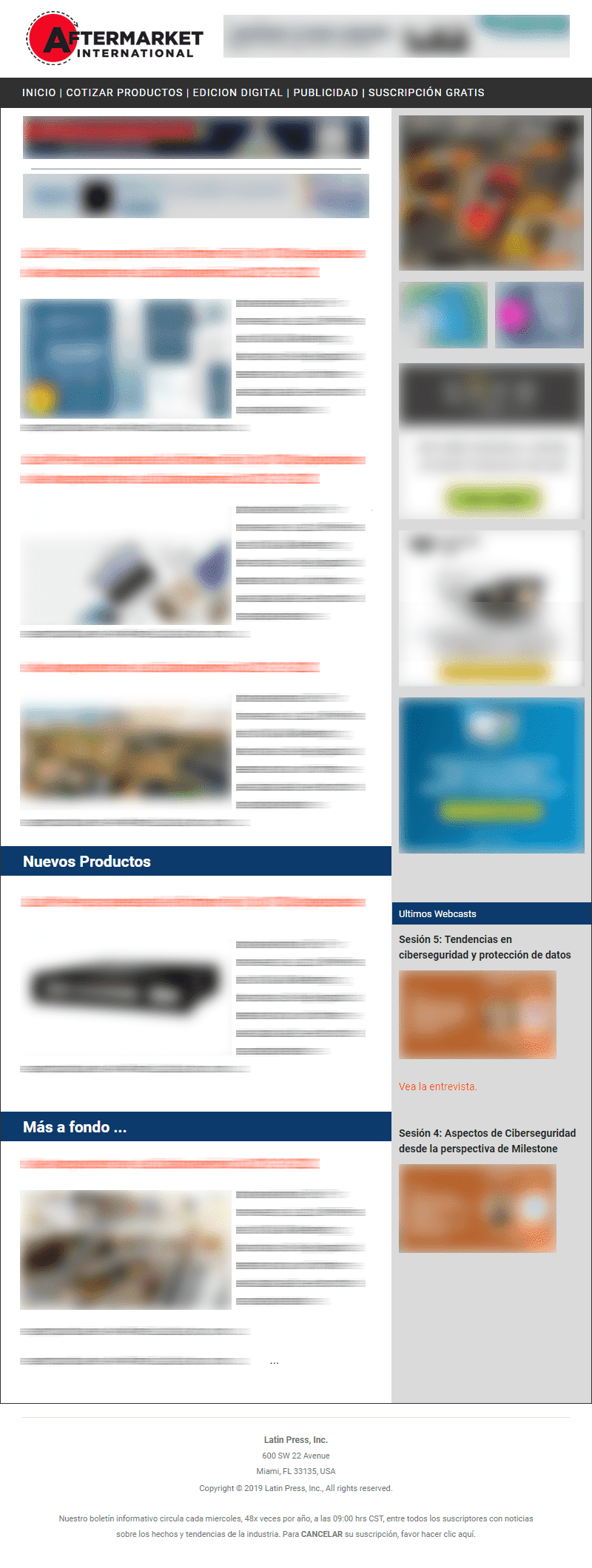Germany. Continental Tires took a new step in its global sustainability strategy by achieving ISCC PLUS certification at all of its European new tire manufacturing plants. This recognition, which is international in scope, endorses the company's compliance with the documented use of renewable and recycled raw materials, as well as the complete traceability of these materials throughout its value chain.
With this new accreditation, the plants in Lousado (Portugal), Puchov (Slovakia), Korbach (Germany) and Sarreguemines (France) are now part of the group of certified sites, in addition to the facilities in Otrokovice (Czech Republic) and Timișoara (Romania). The textile plant Industria Textil do Ave (ITA), located in Lousado, which supplies technical textiles and reinforcement materials for the production of tires in Europe, also received the certification.
The progress is not limited to the European continent. The tire plant in Hefei (China) was also recently certified, marking the beginning of a global expansion of the ISCC PLUS model within the group.
"The ISCC PLUS certification of all our tire plants in Europe is an important milestone and a clear signal towards a more sustainable industry in Europe," said Jorge Almeida, Head of Sustainability at Continental Tires.
"But we won't stop there. Our plants in other regions will follow this path step by step, as our plant in Hefei, which is already certified, has already done. We have a strong ambition to make our tyre production more sustainable globally throughout our entire supply chain."
This year, Continental is looking to significantly increase the use of materials certified under mass balance, such as synthetic rubbers made from bio-based or circular raw materials, and carbon black partially obtained from recycled oils. The company's goal is that, by 2030, at least 40% of the materials in its tires will come from renewable or recycled sources.
The ISCC PLUS certification is based on the mass balance approach, which allows fossil, renewable and recycled raw materials to be mixed into existing systems, ensuring their tracking throughout the supply chain. This methodology allows Continental to gradually increase the proportion of sustainable inputs in its products, with traceability and precision in the allocation of certified quantities.
Created in 2010, the ISCC (International Sustainability and Carbon Certification) system promotes sustainable, traceable, deforestation-free and low-climate-impact supply chains. Its certifications are globally recognized and range from sustainable agricultural biomass to biogenic waste, non-biological renewable materials and carbon-based recycled materials.
With this achievement, Continental continues to strengthen its sustainability leadership within the automotive industry, aligning its processes with international standards that aim for a circular and low-emission economy.














